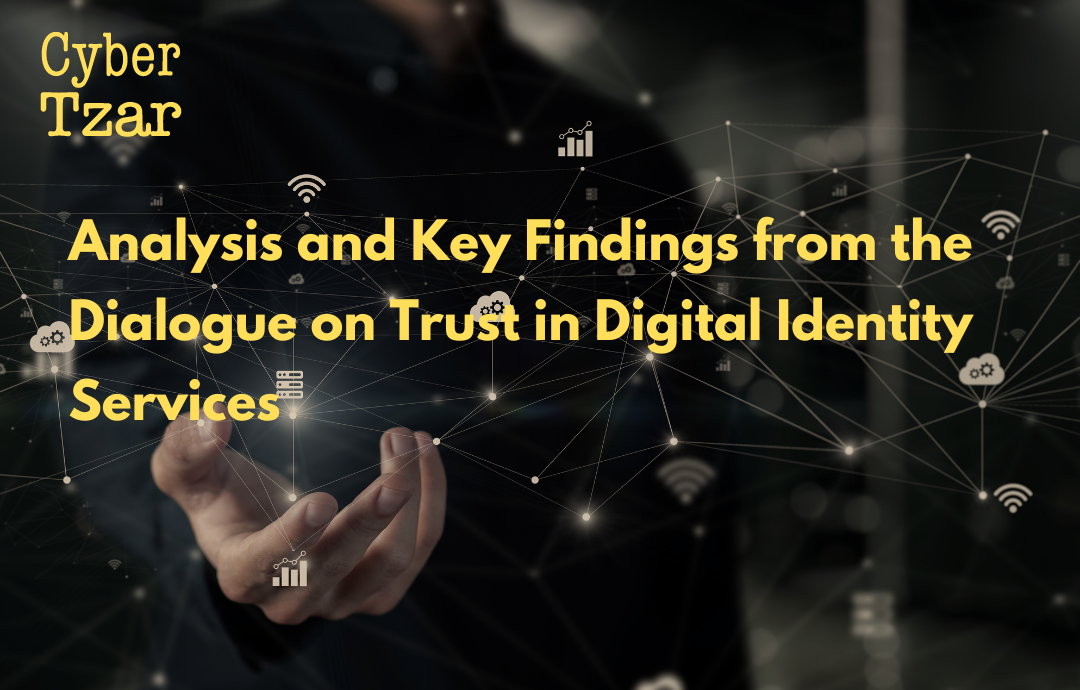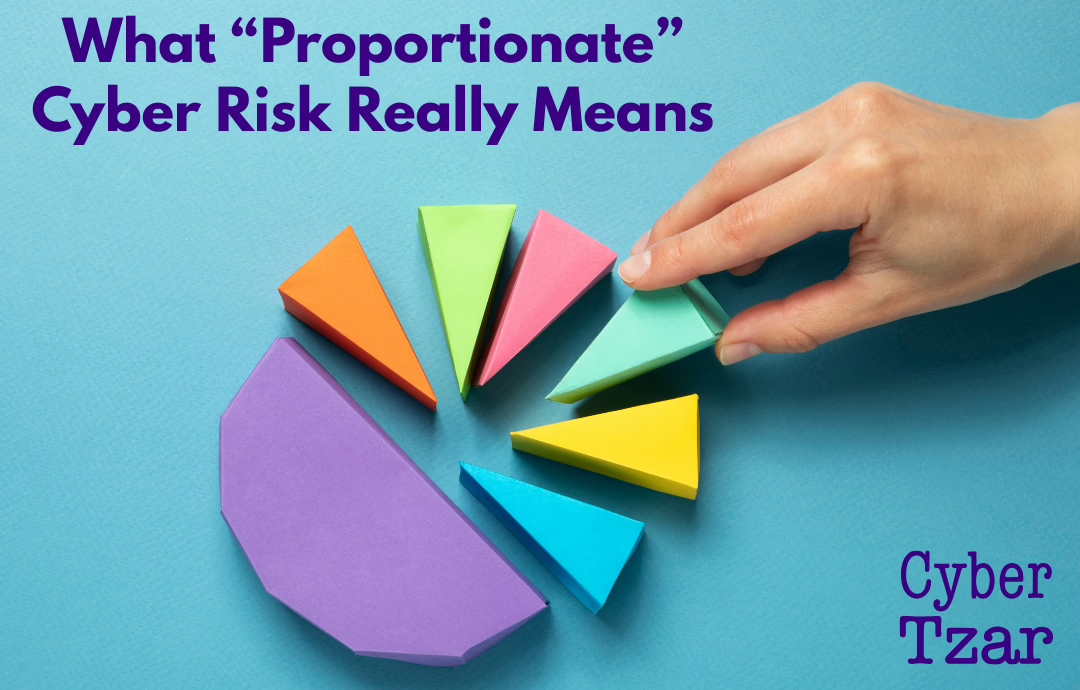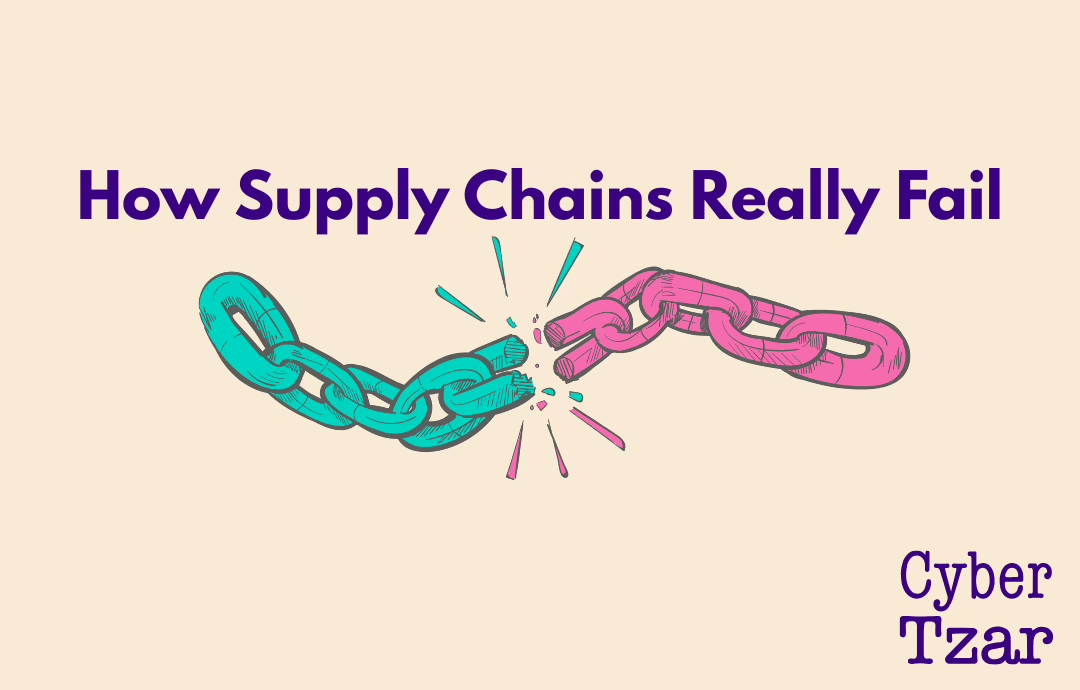The Department for Science, Innovation and Technology (DSIT), in partnership with Sciencewise, initiated a public dialogue to explore trust in digital identity services within the UK. This effort aimed to capture public perceptions and articulate a path forward that ensures these services are developed and implemented with a strong foundation of trust, transparency, and inclusivity. The report delivering the findings was recently published (28th Feb. 2024) as “Public dialogue on trust in digital identity services: a findings report“. Here’s our summary of the findings.
Introduction
This comprehensive dialogue revealed a significant evolution in participants’ views, recognizing identity documentation not merely as a practical tool but as a fundamental human right, critical for full societal participation. Major concerns revolved around data protection, privacy, and the necessity for a human-centered approach in the development of digital identity services. Participants emphasized the need for stringent security measures, transparent management of personal data, and clear, accessible communication from both service providers and governing bodies. The establishment of an independent oversight body, OfDIA, was highlighted as essential for ensuring adherence to privacy, security, and inclusivity standards, alongside robust legislative frameworks.
Analysis and Key Findings
This dialogue, initiated by the Department for Science, Innovation and Technology (DSIT) in partnership with Sciencewise, engaged the public to gather views on trust in digital identity services. Here’s a synthesis of the extensive input gathered through this initiative:
Foreword and Executive Summary
- Trust as a Cornerstone: The dialogue emphasized that trust is fundamental to the adoption of digital identity services. Participants indicated that for these services to be embraced, they must be demonstrably secure, protect privacy, and be inclusive and accessible to all.
- Legislation and Governance: There’s a consensus on the need for a comprehensive legal framework and a governing body to oversee the implementation and ongoing management of digital identity services, ensuring they adhere to privacy, security, and inclusivity standards.
- Relevant Quotes:
“However, before businesses and individuals will use these technologies, they need to know they can be trusted.” – Minister Bhatti
Public Dialogue Findings
- Shift in Perception: Initially viewed as purely practical, identity documentation emerged as a basic human right, essential for societal participation.
- Data Protection and Privacy: Concerns about data privacy and security were paramount. Participants expressed the need for stringent data protection measures and transparent, secure handling of personal information.
- Accessibility and Inclusivity: The dialogue highlighted a strong desire for digital identity services to be universally accessible and inclusive, catering to the needs of diverse populations, including those with limited digital access or literacy.
- Ethical and Human-Centered Design: Participants emphasized the importance of ethical considerations and a human-centered approach in the development and deployment of digital identity services.
- Relevant Quotes:
“As participants’ discussions developed, many began to think of identity documentation as a basic human right.”
“Participants perceive it to be an articulation of being human…Participants believe the importance of identity data is not simply practical but also instrumental.”
“The facilitation and technical team ensured that participants were supported at all points to take a full and active part in the deliberation.”
Oversight and Governance
- Independent Oversight: The creation of an independent governing body (OfDIA) was seen as essential for ensuring the trust framework’s integrity, with clear responsibilities for safeguarding data privacy and security.
- Public Engagement: Ongoing engagement with the public was identified as crucial for building trust. This includes transparency about how data is used, who has access, and how privacy is protected.
- Relevant Quotes:
“In the coming year, we will be setting up the governance arrangements and processes which make real the rules and legislation we’re putting in place.” – Minister Bhatti
“Most importantly, I would like to thank each of the members of the public who participated in the dialogue and engaged in such a range of rich and in-depth discussions.” – Minister Bhatti
Expectations and Solutions
- Clear Communication: Effective communication and transparency from digital identity service providers and the governing body are key to building public trust.
- Accountability: There is a call for mechanisms to hold service providers accountable, ensuring they adhere to the highest standards of data protection and user rights.
- Inclusivity in Design: Co-designing services with a broad range of stakeholders, including those who have faced barriers to verifying their identity, is crucial for creating an inclusive and trusted digital identity ecosystem.
- Relevant Quotes:
“Participants want to ensure that the trust framework is published in ways which will be visible and accessible to them.”
“Being accountable, honest and transparent throughout the digital identity services ecosystem is vital for building and retaining trust.”
“They describe people should be involved in all aspects of the design, delivery and ongoing decision making on digital identity services.”
Conclusion
The report underscores the importance of incorporating the dialogue’s insights into future policy and strategic planning, stressing the need for detailed guidance within the trust framework, operational transparency, and continuous public engagement. Recommendations focus on the creation of a digital identity ecosystem that respects individual rights and data, with findings intended to inform policies that support a trusted, inclusive, and secure digital identity landscape.


